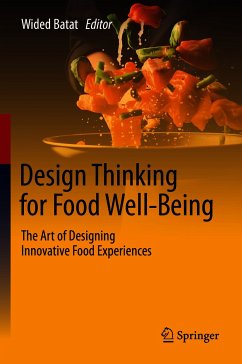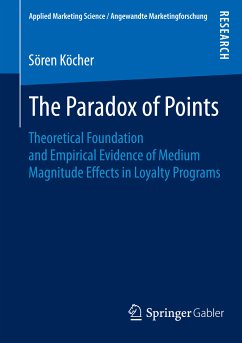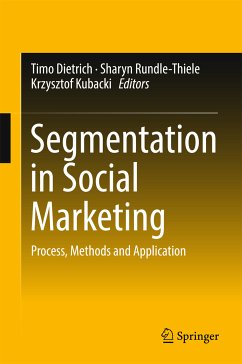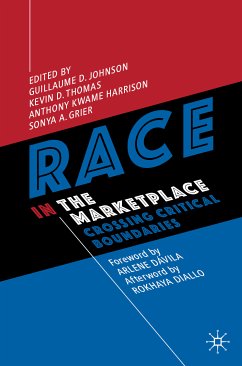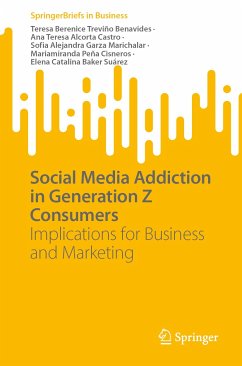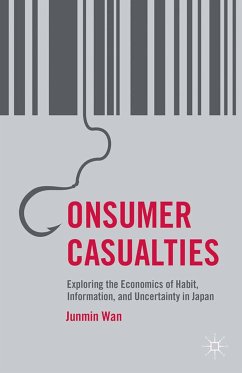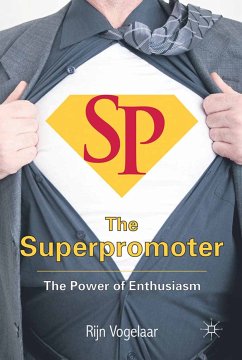
The Pursuit of Food Well-Being (eBook, PDF)
The Mechanisms Behind Consumers' Food Well-Being, and Their Relevance for Food Retailing and Marketing
Versandkostenfrei!
Sofort per Download lieferbar
72,95 €
inkl. MwSt.
Weitere Ausgaben:

PAYBACK Punkte
36 °P sammeln!
Due to industrialization, globalization, and digitalization food-related life is becoming increasingly complex. The abundance of (unhealthy) food, in particular, is causing an unprecedented over-consumption that endangers people's health, quality of life, productivity, and life expectancy. Against this backdrop, Florentine Frentz deals with the food well-being of modern consumers and how it can be strengthened. To this end, she refines the concept of food well-being and creates an overarching model, which she applies to various studies and various phenomena. Based on her results, she expounds ...
Due to industrialization, globalization, and digitalization food-related life is becoming increasingly complex. The abundance of (unhealthy) food, in particular, is causing an unprecedented over-consumption that endangers people's health, quality of life, productivity, and life expectancy. Against this backdrop, Florentine Frentz deals with the food well-being of modern consumers and how it can be strengthened. To this end, she refines the concept of food well-being and creates an overarching model, which she applies to various studies and various phenomena. Based on her results, she expounds implications for researchers, retailers, manufacturers, marketers, public policy makers, and consumers. Overall, the results show that the paradigm shift that has already begun must be vigorously pursued, and that every stakeholder can and should contribute.
About the Author:¿
Florentine Frentz did her dissertation at the Chair of Marketing and Retailing at the University of Siegen, Germany.
Dieser Download kann aus rechtlichen Gründen nur mit Rechnungsadresse in A, B, BG, CY, CZ, D, DK, EW, E, FIN, F, GR, HR, H, IRL, I, LT, L, LR, M, NL, PL, P, R, S, SLO, SK ausgeliefert werden.



